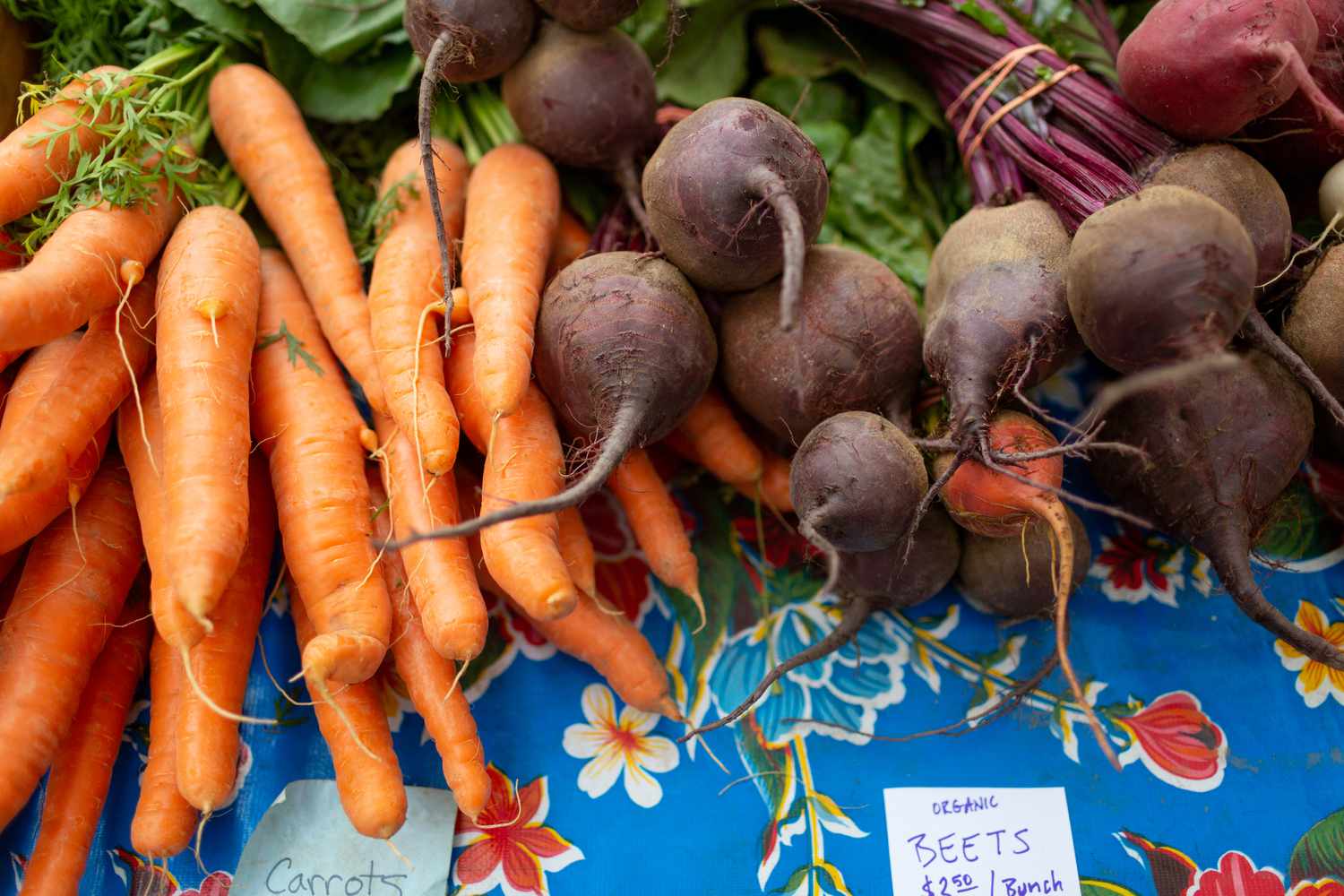
Vegetable Health Benefits: A Boost for Growers
Farmers might be making it big in the vegetable sector as they reap benefits though better yet consumers reaping the most out of it
Farmers in various regions have ventured into vegetable farming to provide consumers with numerous health benefits. Vegetables are essential for human health, offering a range of nutrients such as fiber, vitamins, minerals, and antioxidants. These nutrients play vital roles in maintaining a healthy diet.
Some of the most nutritious vegetables include spinach, broccoli, garlic, beets, and kale. Farmers are encouraged to grow vegetables that are in high demand and beneficial to consumers based on regional preferences.
Notable Vegetable Types and Their Benefits
- Spinach
- Spinach is one of the most nutrient-dense vegetables. One cup (30 grams) of raw spinach provides 16% of the Daily Value (DV) for vitamin A and 120% of the DV for vitamin K, with only 7 calories. Spinach is rich in antioxidants, which may help reduce the risk of diseases such as cancer.
- Carrots
- Carrots are high in vitamin A, providing 119% of the DV in one cup (128 grams). They also contain vitamin C, potassium, and beta-carotene, an antioxidant that gives them their orange color. Beta-carotene is converted into vitamin A in the body. Studies have linked regular carrot consumption to a lower risk of colorectal and lung cancer.
- Broccoli
- One cup (91 grams) of raw broccoli offers 77% of the DV for vitamin K and 90% of the DV for vitamin C, along with folate, manganese, and potassium. Broccoli contains glucosinolate and sulforaphane, compounds that may protect against cancer and reduce inflammation associated with chronic conditions like heart disease.
- Garlic
- Garlic is highly nutritious and low in calories, with one clove containing about 4.5 calories. It provides selenium, vitamin C, vitamin B6, and fiber. Garlic has been used medicinally for centuries. Its main active compound, allicin, supports blood sugar and heart health and has potential cancer-fighting properties.
- Kale
- One cup (21 grams) of raw kale is rich in potassium, calcium, copper, and vitamins A, B, C, and K. Studies have shown that consuming kale with a high-carb meal can prevent blood sugar spikes more effectively than eating the meal alone. Kale powder or juice may help lower blood pressure, cholesterol, and blood sugar levels, though more research is needed to confirm these findings.
Vegetable farming not only supports farmers but also promotes consumer health by providing essential nutrients necessary for a balanced diet.

